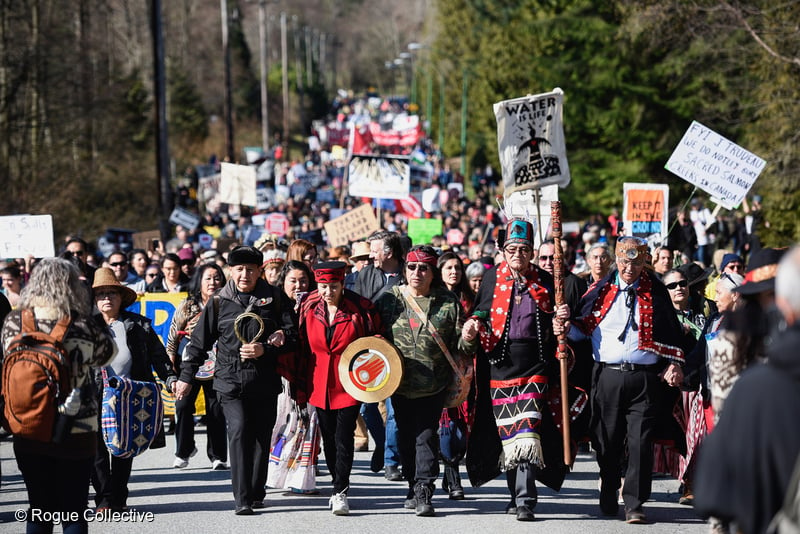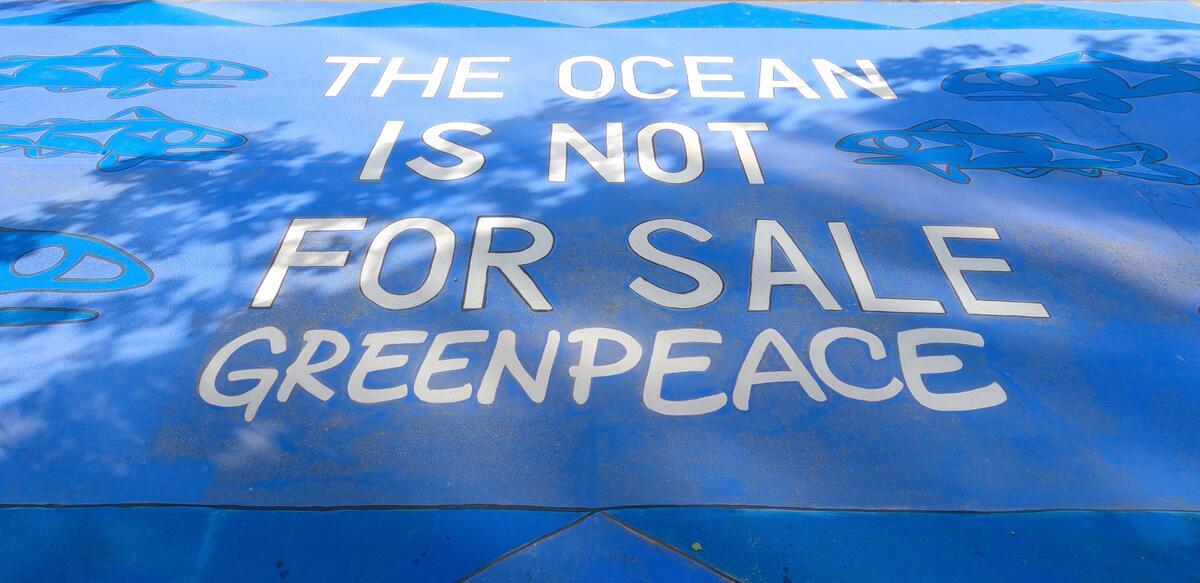Geneva, Switzerland – Greenpeace calls for action to increase land and sea protection to at least 30% by 2030 with clear funding and implementation, and to recognise and strengthen the rights of Indigenous Peoples and local communities, as delegates gather at a pre-meeting for this year’s Convention on Biological Diversity (CBD) COP15 to be held in Kunming, China.
This is the first CBD meeting since the latest Intergovernmental Panel on Climate Change (IPCC) report that highlighted biodiversity’s key role in respond to climate change. At the same time, governments are now negotiating a new Global Ocean Treaty in New York. Together, these meetings are critical opportunities to halt global biodiversity loss.
Salomé Sané, Nature & Food campaigner, Greenpeace Canada, said:
“Biodiversity loss, climate change and human health are intrinsically linked. We depend on the Earth’s ecosystems to sustain us, yet we are currently witnessing the destruction of Nature at an unprecedented rate around the world. We need to take bold steps to reverse this trend and protect global biodiversity, not only to build up resilience against climate change and future epidemics, but also as a way to rethink our relationship with Nature.
As the last technical meetings ahead of COP15, the Geneva sessions represent an important step in the preparations for the summit in Kunming, and will set the stage for the final rounds of negotiations. This is the time for Canada to push for ambitious and measurable targets for biodiversity protection, while ensuring that the voices of Indigenous Peoples and local communities are central to the discussions and decision-making process.”
On February 28, the IPCC released its latest report, which highlighted the central role that global biodiversity protections need to play in our future. The CBD COP15 is the chance to do that. The 30×30 (“thirty-by-thirty”) target to protect 30% of the land and 30% of the ocean by 2030 is scientifically rooted in ecosystems’ ability to bounce back if given the chance. And as the rightful stewards of the land, Indigenous Peoples and local communities need to be central in policy, implementation, and funding.
Last year, the Kunming Biodiversity Fund was established by China with an initial pledge of USD $230 million, presenting an initial step to finance biodiversity protection. This puts finance on the table, but thus far wealthy, donor countries have been quiet about their commitments to finance biodiversity protection. In many cases, wealthy donor countries have profited wildly from the destruction of ecosystems around the world. Now, with biodiversity in a more precarious state than ever, they must start to put their money where their mouths are and start financing biodiversity protection.
ENDS
For more information please contact:
Dina Ni, Communications Officer, Greenpeace Canada,
[email protected], +1 514 400-3313



